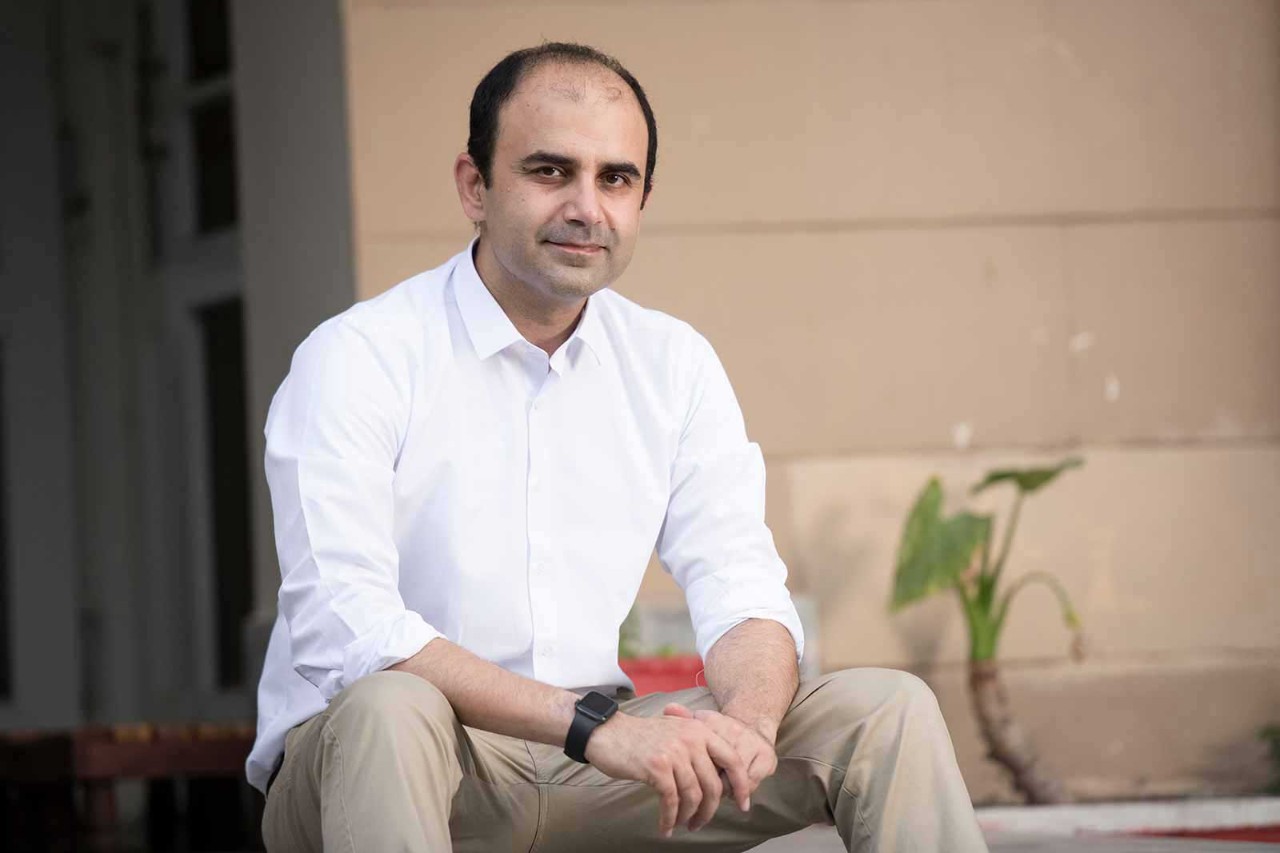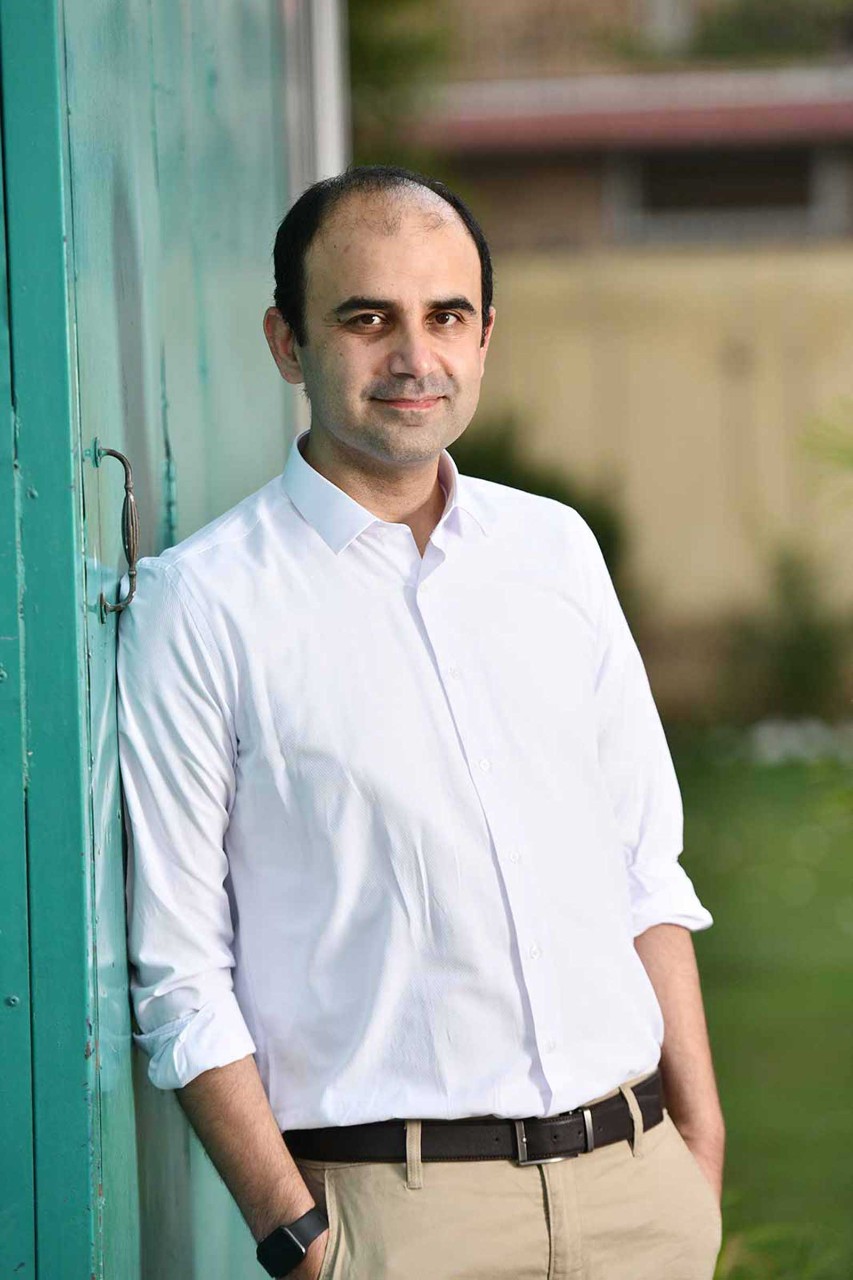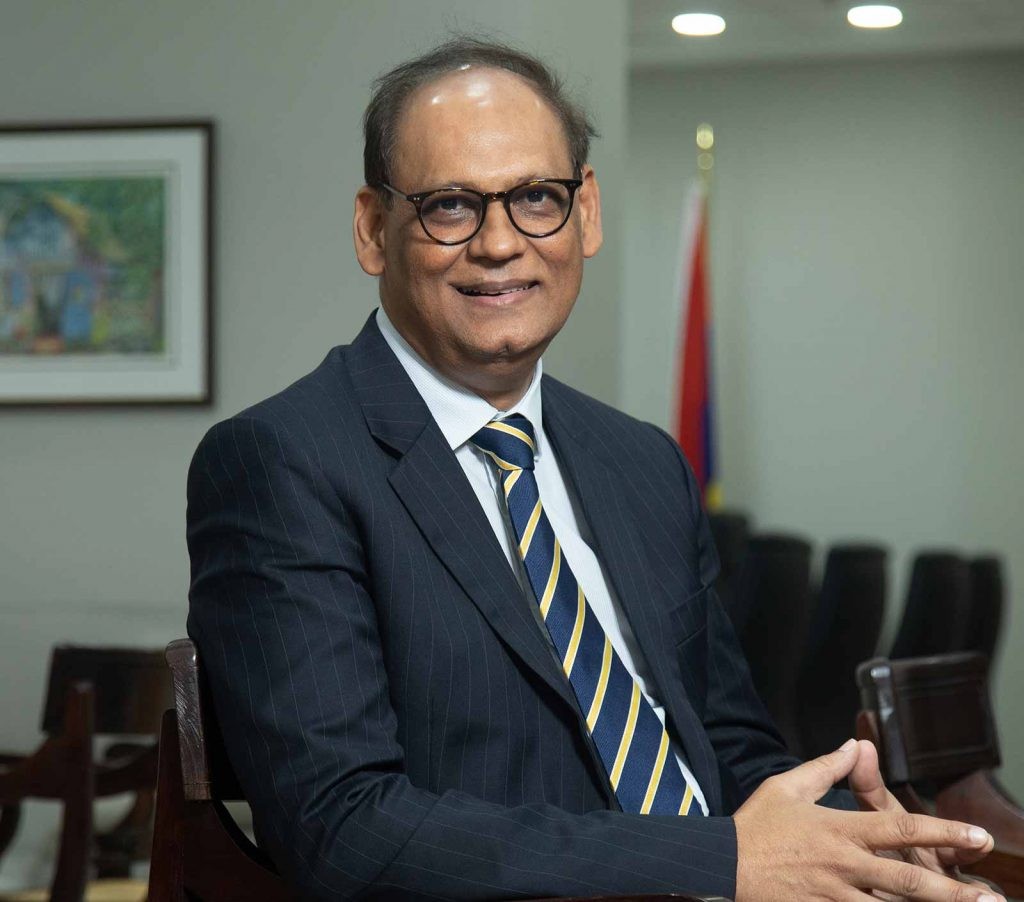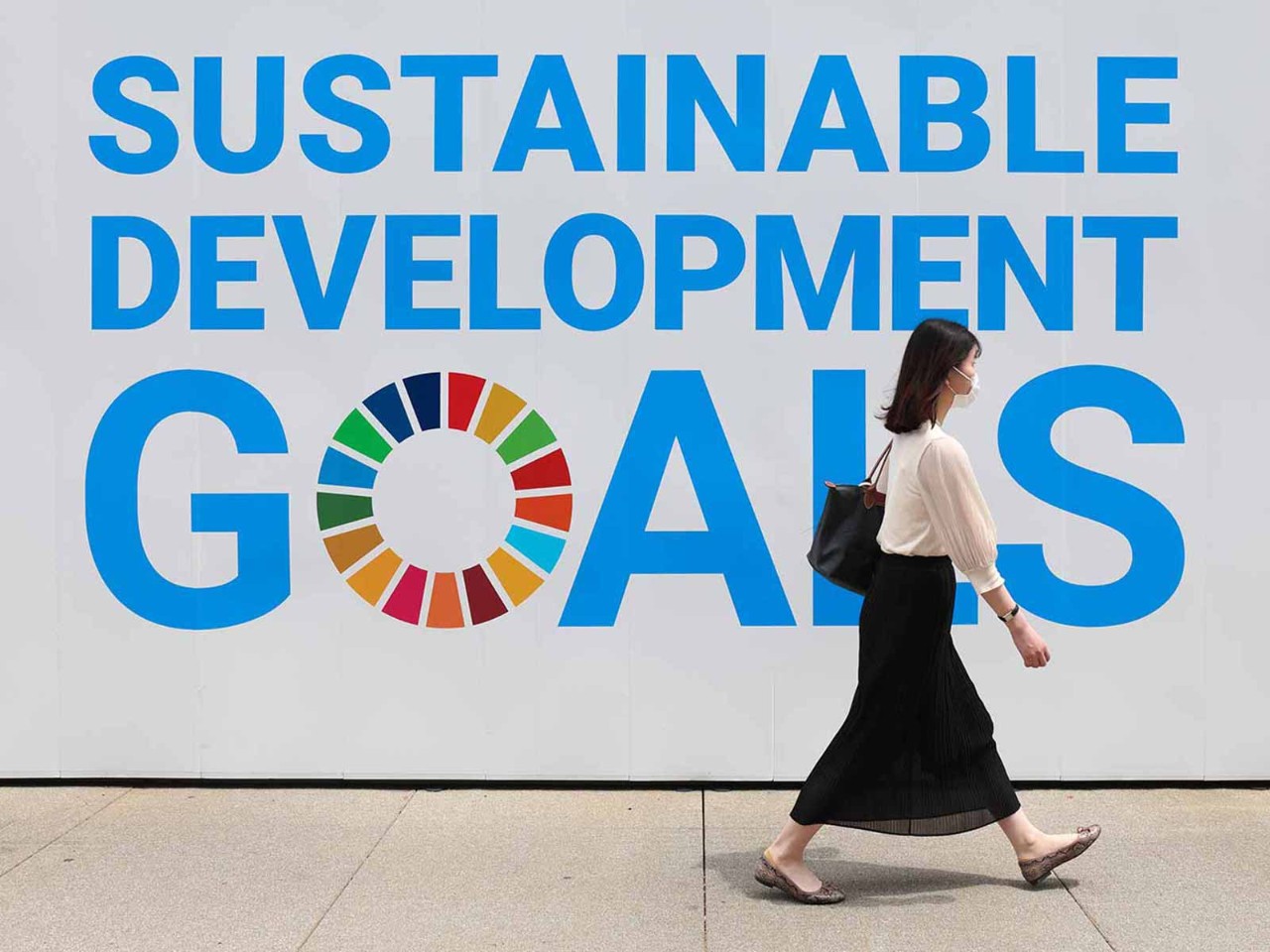
Few accountants work within earshot of the sound of gunfire, or under the threat of kidnapping. But for Khan Alam FCCA, whose 20-year career has seen him work with NGOs in some of the world’s toughest environments, a backdrop of conflict and personal risk comes with the territory.
‘If you weren’t hearing the sound of the government and rebels firing at each other’, he says of his time in the Syrian capital Damascus, ‘you would get nervous.’
‘The humanitarian sector that responded in Afghanistan played a huge role’

Currently, Alam is working from his home city, Peshawar, in northern Pakistan, as the finance change management lead for the International Rescue Committee (IRC). He has previously held finance and operations positions with the Danish Refugee Council (DRC), the American Refugee Committee, Save the Children, the Mercy Corps and the Norwegian Refugee Council, among others, with postings to some of the most challenging crisis areas, including Afghanistan, Rwanda, Kenya, Sudan, Syria, Turkey, Jordan and Myanmar.
He has worked as an auditor and a finance manager, prepared grant applications, headed finance and admin departments, led support services and turned himself into an enterprise resource planning (ERP) specialist. At IRC, he is part of the finance transformation unit supporting the phased rollout of ERP across operations in 34 countries.
Humanitarian pathway
None of it might have happened, though, if he hadn’t injured his hand in an accident during his student days in Lahore. In need of treatment, he returned to Peshawar instead of following his friends into the global accountancy firms. There, he took a job with a local firm servicing NGOs working across the border in Afghanistan.
He had been with the practice barely a year when he was asked to spend a week in Kabul, undertaking audit work. He ended up staying for five years.
During his time in Afghanistan he changed jobs, joining the Danish Refugee Council to see how the NGO’s finances worked from the inside. The decision was prompted after he got to know a group of refugees while teaching finance part time. Many were being helped by NGOs, and attended schools run by the UNHCR, the United Nation’s refugee agency.
‘The humanitarian sector that responded in Afghanistan played a huge role,’ Alam notes. ‘I saw first hand that a lot more help was required in the sector and wanted to contribute.’
‘ACCA is globally accepted; you don’t have to explain to anyone how it works’
Taking an NGO route meant giving up on earlier plans to work in the corporate world. ‘It’s about making a difference. Of course, you can do the same in the corporate world by selling a product or contributing to sales. With NGOs, though, you’re doing it for the people most in need, the most vulnerable, those left out in the cold by politics or natural disasters.’
Opening doors
Alam credits his ACCA Qualification, which he completed while working in Kabul, with equipping him with the essential skills he’s needed across his career. He believes that the qualification made him ‘technically sound’ but also developed his confidence and opened many opportunities. ‘It’s globally accepted; you don’t have to explain to anyone how it works,’ he says.
Alam points out that the development of financial management systems has enabled NGOs to shed their ‘missionary’ image and become sophisticated organisations that bid competitively for funds.
CV
2022
Finance change management lead, International Rescue Committee
2021
Head of support services, Danish Refugee Council, Myanmar
2020
Area support manager, Norwegian Refugee Council, Jordan
2014
Roles in Syria, Turkey and Jordan as head of support services, then ERP specialist, Danish Refugee Council, Jordan
2012
Finance manager, Mercy Corps, Sudan
2007
Short-term roles with NGOs in South Africa, Pakistan, Rwanda and Kenya
2005
Financial adviser, Danish Refugee Council, Afghanistan
2001
Auditor, Sajjad Ahmad & Co Chartered Accountants, Pakistan and Afghanistan
‘Failures in financial management could undo the efforts of field workers delivering vital aid’
‘Accountability is very, very important. We make sure that every dollar is accounted for, that there is a proper audit trail and there are internal control systems in place,’ Alam says, adding that failures in financial management undo the efforts of field workers delivering vital aid to vulnerable people. ‘If you mismanage the funds, your organisation will have to pay it back and you probably won’t get any funding in future,’ he explains.
ERP implementation
Since taking up his position with IRC in January, Alam has been based back in his home town with his family. His role is demanding but promises a little more stability after years spent outside his own country.
‘If one person is not contributing or doing their job, the whole system is affected’
In order to get the organisation’s ERP system up and running, he is developing standard operating procedures for user manuals and training staff on a system that should integrate finance, procurement and logistics. It will also supply managers with real-time data that will help avoid under- or over-spending.
The work will still involve a considerable amount of travel, however, as Alam is supporting ERP implementation in Nigeria, Bangladesh, Pakistan and Yemen in successive rollout phases.
He underlines the ‘professional growth’ that this project represents for him, as well as the transformation it is expected to bring to the organisation.
Performance improvement
‘The main idea is that we get better at what we do, which means we are more efficient, more effective and deliver more services at a lesser cost to our beneficiaries,’ he says.
The IRC’s mission is to ‘help people whose lives and livelihoods are shattered by conflict and disaster’. If one thing is clear from speaking to Alam, it is that this is also his mission in finance.
He notes that the number of refugees and internally displaced people globally has increased to around 84 million, according to the UNHCR, a shocking number that brings home the importance of NGOs and their staff: ‘If one person is not contributing or doing their job, the whole system is affected,’ he concludes.
Basics
1945
Recently formed International Relief and Rescue Committee initiates emergency relief programmes, establishes hospitals and children’s centres and starts refugee resettlement efforts in Europe
40+
Number of countries the International Rescue Committee operates in
1 million
Afghans reached in 2019 with education, protection, water and sanitation, emergency response and economic recovery programmes.
15,000+
People receiving health services each week in Yemen
1.5 million
Number of children worldwide provided with schooling and education opportunities
9,700
Business grants provided to individuals
19.3 million
Number of people provided with health education services

